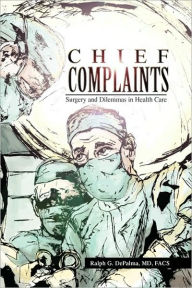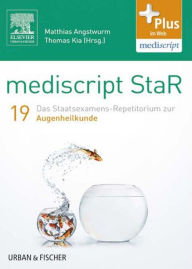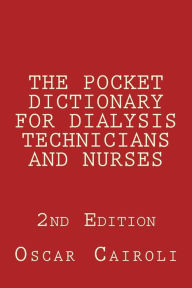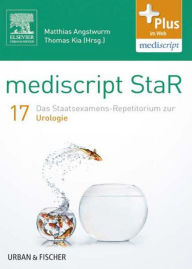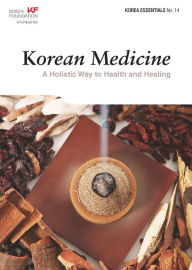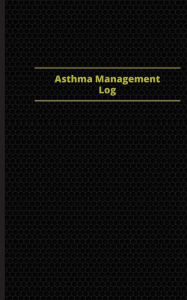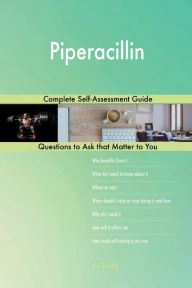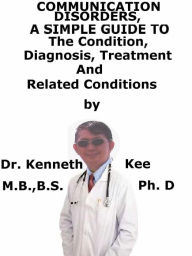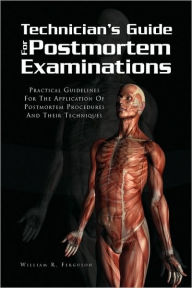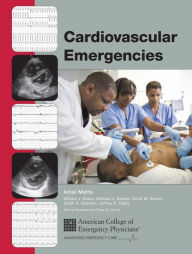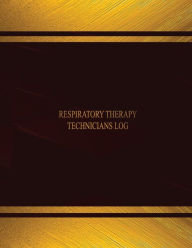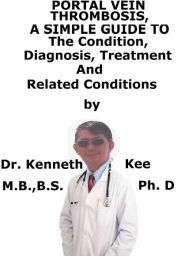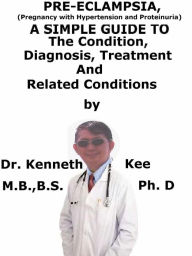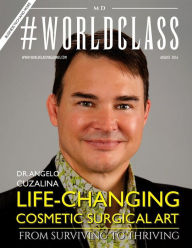Chief Complaints Ralph
by G. Depalma
2020-04-21 16:03:21
PROLOGUE: IDEAL HEALTH Experience is the oracle of truth . . . where its responses are unequivocal; they ought to be conclusive and sacred. James Madison, Federalist 18-20 Twenty-first century medicine offers better outcomes than at any other ti...
Read more
PROLOGUE: IDEAL HEALTH Experience is the oracle of truth . . . where its responses are unequivocal; they ought to be conclusive and sacred. James Madison, Federalist 18-20 Twenty-first century medicine offers better outcomes than at any other time in history, yet many, if not most people are unhappy with health care. The World Health Organization defines health as: A state of complete physical, mental and social well-being and not merely the absence of disease or infirmity... a statement suggesting an ideal state of complete well being that lies within society's grasp. This ideal might be achieved within the context of an altruistic society, inhabited by intelligent individuals possessing high moral and ethical values, abundant resources, access to advanced technology, and effective, equitable governance. The concept promises a paradise on earth, yet formidable challenges confound its realization-- this is one of several dilemmas confronting health care. People living in the third world, victimized by lack of education, unremitting poverty, and corrupt governments suffer widespread ill health due to readily correctible causes--undernutrition, lack of sanitation, contaminated food and water and ethnic violence. These unfortunate conditions relate to political, cultural issues and, some might say, moral issues. Inner city dwellers or those living in other deprived areas within the United States are also victimized, while more privileged inhabitants of 'advanced' societies sooner or later develop lethal diseases, many due to unknown or obscure causes. The treatment of these illnesses, to which the poor are not necessarily immune, requires specialized skills focusing upon individuals. This is also a part of the health care dilemma. Specialized approaches differ from world and public health centered views of 'Health Care.' Generalizations about health and prevention, in the minds of policy makers, have become conflated with treatment of advanced disease--a confusion that potentially threatens specialists who are the custodians of unique skills required to treat serious illnesses. Clearly, effective Health Care requires both preventive and advanced treatment services--part of the dilemma is that each needs more detailed definition. This book describes surgical care, some it involving general surgical problems and some of it within the specialty of vascular surgery. Each story or complaint highlights dilemmas facing doctors and patients alike. Surgical interventions are life saving, life enhancing processes that carry with them important societal implications. Surgical efforts are costly, time intensive, and come into play individually--one case at a time. Illnesses often present with a dominant symptom, a Chief Complaint. The patient's Chief Complaint is key to effective diagnosis and treatment. The words, manner, and circumstances of patient's complaints express specific truths. Complaints require action--sometimes immediate, sometimes measured and deliberate, and sometimes with judicious restraint. Deciding how, and at what rate, to react to complaints are also dilemmas facing patients, doctors and health care systems. Modern medicine, paradoxically, tends to overlook and marginalize individual concerns and cultural sensitivities in favor of 'cost-benefit' or public policy analyses, leading to rigid policy decisions that conflict with individual needs and sensitivities. Laboratory testing and imaging increasingly uncover the silent beginnings of serious disease before symptoms develop--this is usually a good thing--sometimes it is not--currently enhanced diagnostic prowess poses yet another dilemma facing doctors and health care policy makers. Abnormal test results, ideally, should be considered as Chief Complaints. Abnormal test results can become sources of anxiety prompting ill advised and premature actions, or conversely, may be ignored with disastrous results. Controversies about which tests, how many, and at what time intervals these should be performed contribute to a financial dilemma. Management of patients with positive test results, in the absence of specific complaints, requires expert knowledge about particular disease processes. Action decisions are best implemented in unique rather than in formulaic ways. Individual particulars often override aggregate dicta of branched chain logic and cost-benefit analyses--further compounding decision making. Process of care guidelines and cookbook approaches, while useful generally, will never provide unerring guidance for each and every person. This book describes people, individuals with complaints due to serious illnesses seen over five decades of evolving medical and surgical practice. The social and political contexts in which their complaints arose are instructive, not only for medical professionals and policy makers, but also for informed general readers. Where possible, insights for resolution of some of the dilemmas have been s
Less


